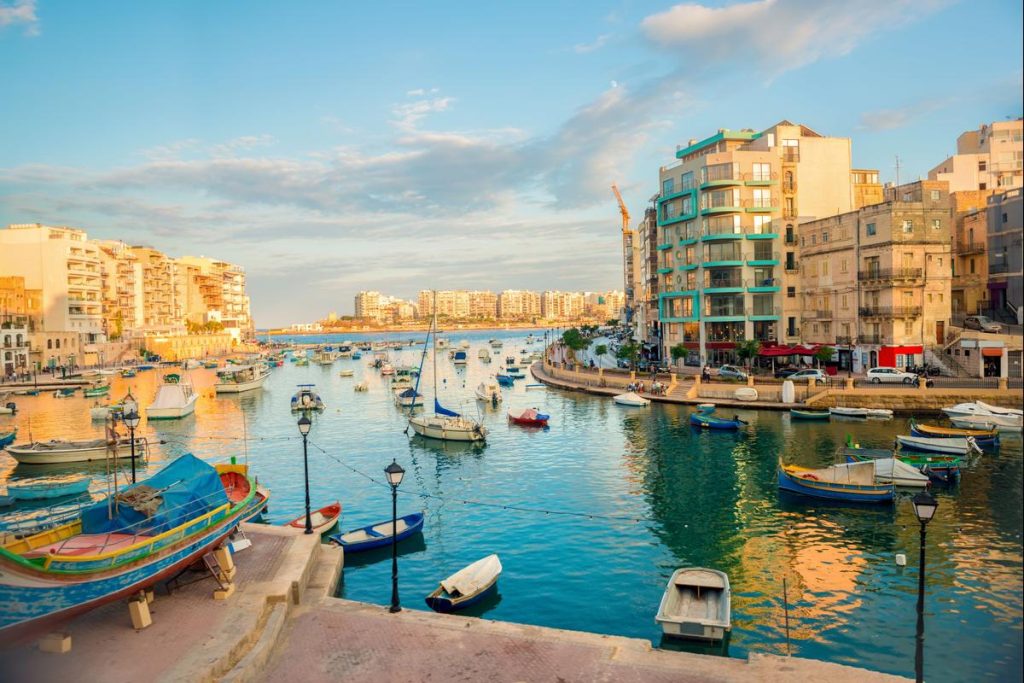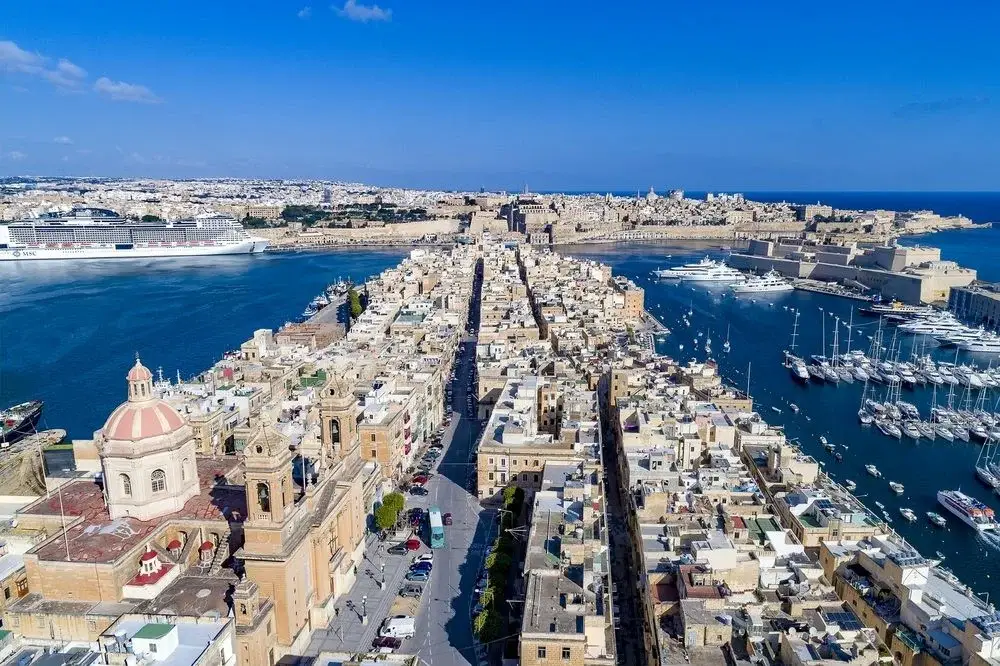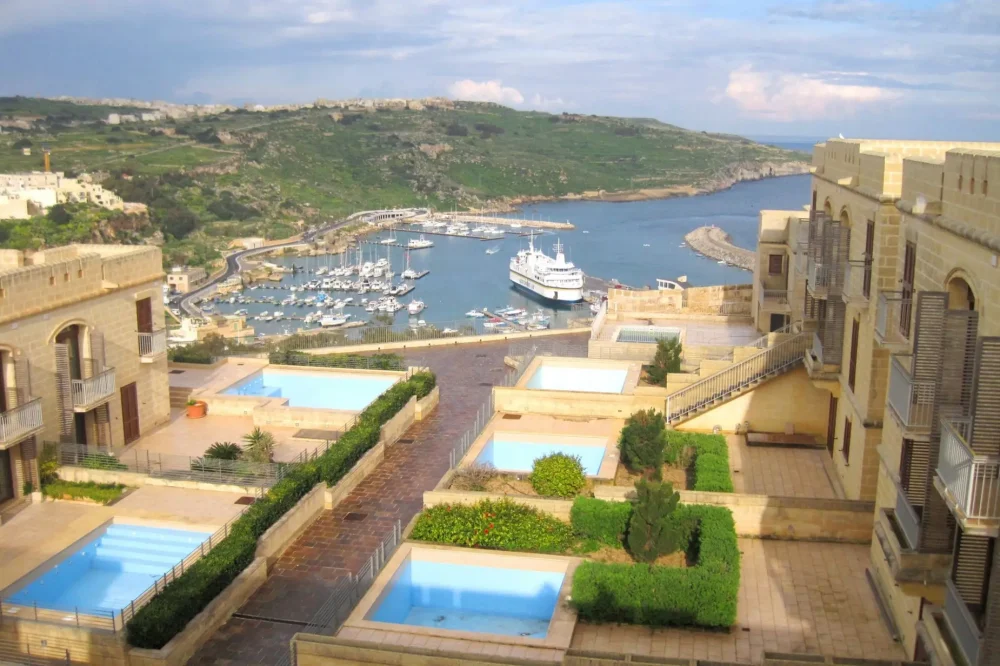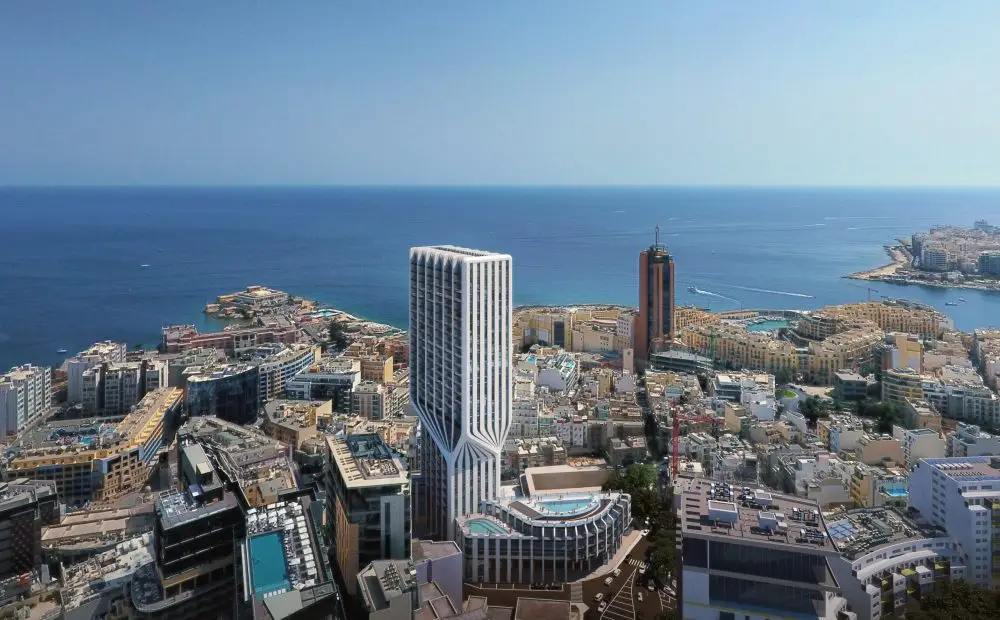The choice of jurisdiction to live or do business in is directly related to the transparency and favourable fiscal policy. Malta consistently maintains its reputation as a tax-friendly country. It offers a flexible model that allows investors not only to reduce liabilities but also to legally optimise their income structure. Malta’s tax system is oriented towards supporting capital, protecting business and creating attractive conditions for individuals and legal entities. This is especially felt against the backdrop of European trends of tightening controls.
The tax policy covers all key categories of citizens, including: individuals and legal entities, residents and non-residents, professionals working remotely and asset owners. The peculiarities of the approach form a sustainable advantage: a citizen pays only on income received in the country or transferred to a local account. This model is of interest to international investors, freelancers, owners of digital assets and companies with a distributed structure.
Income tax: rates and peculiarities
Malta’s income tax system utilises a progressive scale depending on the level of earnings. Local residents earning income within the country are subject to a rate of 0 to 35%. Non-residents pay commission only on Maltese income and income transferred to accounts within the state.
The benefits apply not only to families with children, but also to entrepreneurs who have moved to the island under visa programmes. Malta’s tax system excludes double taxation under agreements with more than 70 countries. This makes it possible to recalculate liabilities and reduce the final rate to 5-10%, using the credit for payment in the state of origin of income.
Taxes in Malta for individuals
 Citizens and residents are subject to commissions at the place of origin of income. The main sources are wages, rent, interest on deposits and dividends. Residency allows the use of deductions for medical expenses, education, mortgage coefficients.
Citizens and residents are subject to commissions at the place of origin of income. The main sources are wages, rent, interest on deposits and dividends. Residency allows the use of deductions for medical expenses, education, mortgage coefficients.
Special treatment is provided for digital nomads and remote professionals. If properly registered, remote work is not considered Maltese income and remains outside taxation. This makes the island a popular destination for freelancers, programmers, consultants and designers.
Malta’s tax system: corporate levies and rates
Companies pay a standard corporate tax of 35%, but a system of rebates reduces the final burden to 5-10%. This structure makes Malta unique among European countries. The structure allows shareholders to receive a refund after the company has paid its levies – up to 6/7 of the amount paid.
There is no offshore status, but there is a reputation of a regulated, transparent jurisdiction. This is why international IT companies, foundations, venture capital start-ups and family offices register here. Simple reporting, flexible regulation and asset protection are three factors that create trust among investors.
Malta VAT: for business and property
Malta has a VAT rate of 18%. It applies to all transactions within the country, including retail, services, property and online platforms. Businesses are entitled to a VAT deduction if they are fully registered and file monthly or quarterly returns. The rate does not apply to international B2B transactions, simplifying the calculations for digital companies and platforms. Transactions with foreign counterparties are exempt from tax if both parties have a VAT number.
Property taxes: rules for the investor
The purchase of property in Malta is not accompanied by an annual property tax. At the time of purchase the buyer pays stamp duty – 5% of the value. After registration, no additional payments are required. This structure is favourable for those who plan to buy property for rental purposes or capital preservation. Malta’s tax system also provides incentives for investments in historic buildings, renovation programmes and the acquisition of objects within the framework of civic initiatives. A flat rate of 15% of net income applies to rental properties.
Tax residency tool
To obtain tax residency in Malta, one must live on the island for more than 183 days per year or enter into one of the investment programmes. The status opens access to double taxation agreements, simplified business registration, access to EU financial products. A foreign investor gets the opportunity to completely restructure the asset structure by distributing income across commission zones. This is relevant for those who do business in several countries, manage funds or hold a diversified portfolio.
Six incentives available under Malta’s tax system
The following are the benefits that investors receive when tax conditions are met:
-
Reducing the corporate tax rate to 5% – through a mechanism to return to shareholders after the company has paid the commission.

-
No tax on worldwide income provided the funds are not transferred to Maltese accounts.
-
Fixed fee of 15% on rental income, simplified reporting system.
-
Benefits for digital nomads – exempting remote work from local tax.
-
Access to double tax treaties with more than 70 countries.

-
Property tax exemption for owning a property without renting it out.
Reporting and declarations: when and how
Tax returns are filed once a year, electronically, through the Inland Revenue Malta system. Companies and individuals have access to personalised accounts. Failure to comply with the deadline is subject to fines ranging from €50 to €500, depending on the period of delay. All reports and payments go through a single digital platform, reducing the burden on the accounting department.
Conclusion
 Malta’s tax system combines transparency and flexibility. It is convenient to do business, buy property, manage capital and build a legally sound taxation model. A simple structure, favourable rates and legal protection allow investors to make strategic decisions without risk.
Malta’s tax system combines transparency and flexibility. It is convenient to do business, buy property, manage capital and build a legally sound taxation model. A simple structure, favourable rates and legal protection allow investors to make strategic decisions without risk.
 en
en  de
de  ar
ar  es
es  hi
hi  fr
fr  nl
nl  it
it  pt
pt  el
el 









